
Cancer’s secret safety net
Researchers uncover a hidden mechanism that allows cancer to develop aggressive mutations.

Researchers uncover a hidden mechanism that allows cancer to develop aggressive mutations.

For more than a century, oral insulin has been considered a “dream” therapy for diabetes, hindered by enzymatic degradation in the digestive tract and the absence of a dedicated intestinal transport mechanism. Consequently, many patients must rely on daily insulin injections, which can significantly reduce their quality of life.
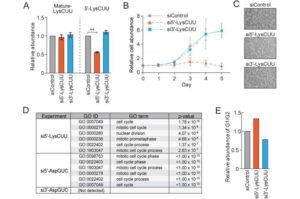
Prostate cancer is the second-most common cancer in men. A new study from Thomas Jefferson University uncovered a new potential therapeutic target in tiny molecules called tRNA halves.
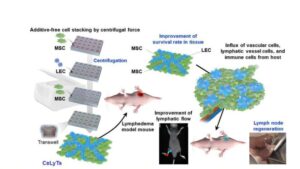
The rising incidence of cancer worldwide has led to an increasing number of surgeries that involve the removal of lymph nodes. Although these procedures play a major role in cancer staging and preventing the spread of malignancies, they sometimes come with severe long-term consequences.
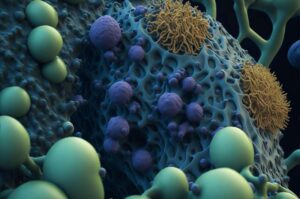
Scientists may have found a new way to spot early signs of obesity, which could lead to novel prevention strategies. A study published in the journal Cell Reports has discovered that people living with obesity have a distinct set of microbes in their mouths compared to people at a healthy weight.
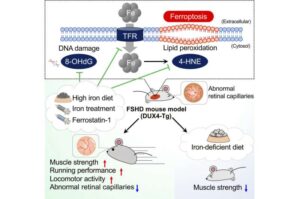
Researchers at Kumamoto University have demonstrated that iron supplementation can significantly alleviate muscle pathology and functional decline in a mouse model of facioscapulohumeral muscular dystrophy (FSHD), a rare genetic muscle disease for which no effective treatment currently exists.

Learn how chemicals released by gut microbes end up in exhaled breath, and how researchers used those signals to identify microbial communities linked to disease.
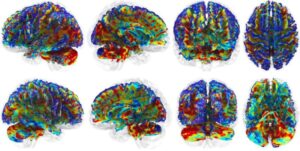
Punch-drunk syndrome, boxer’s madness, chronic traumatic encephalopathy (CTE). The name has changed over the years, but the cause is clear: repeated impacts can affect long-term brain health, with symptoms ranging from confusion to memory loss and potentially dementia.
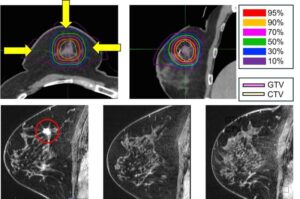
For many women with early breast cancer, surgery is effective but life-altering. New five-year data from the National Institutes for Quantum Science and Technology (QST) suggest that a precisely targeted, high-energy particle therapy may allow some patients to avoid surgery without compromising oncologic outcomes.

An international research team has succeeded in deciphering a key mechanism that controls the growth of pancreatic cancers.